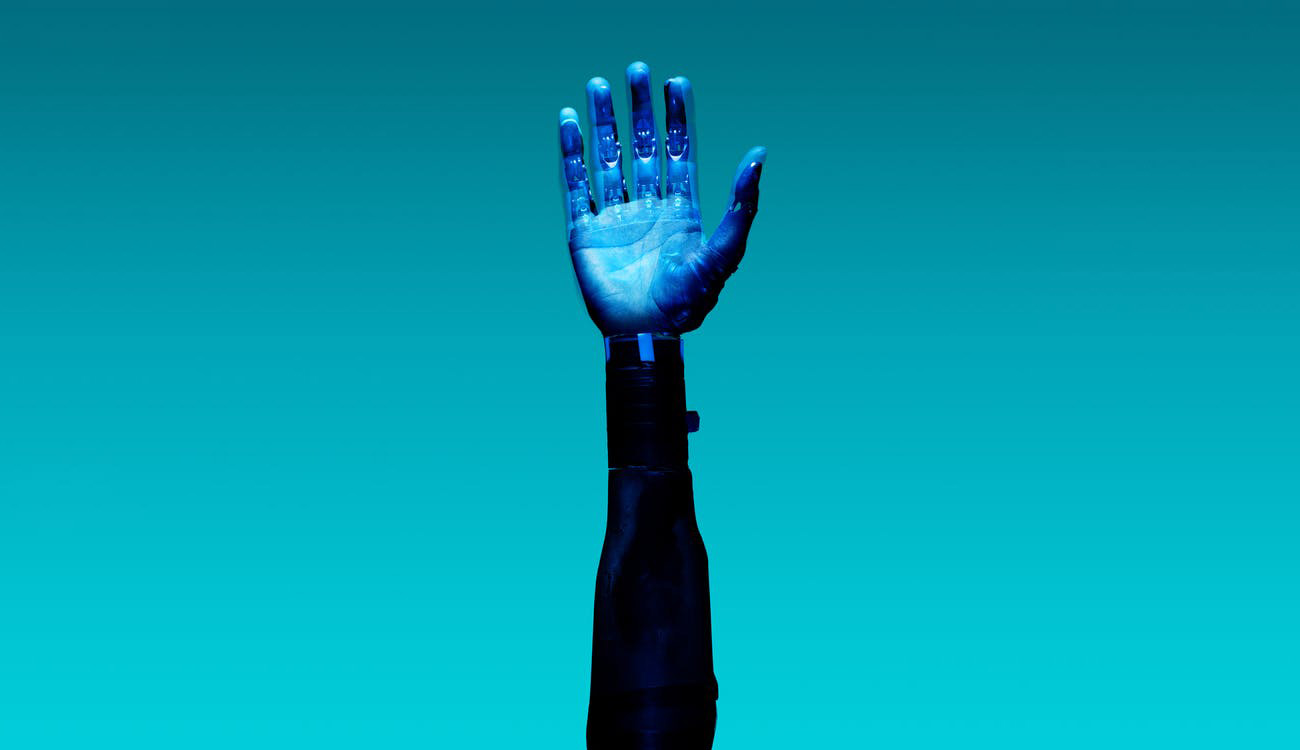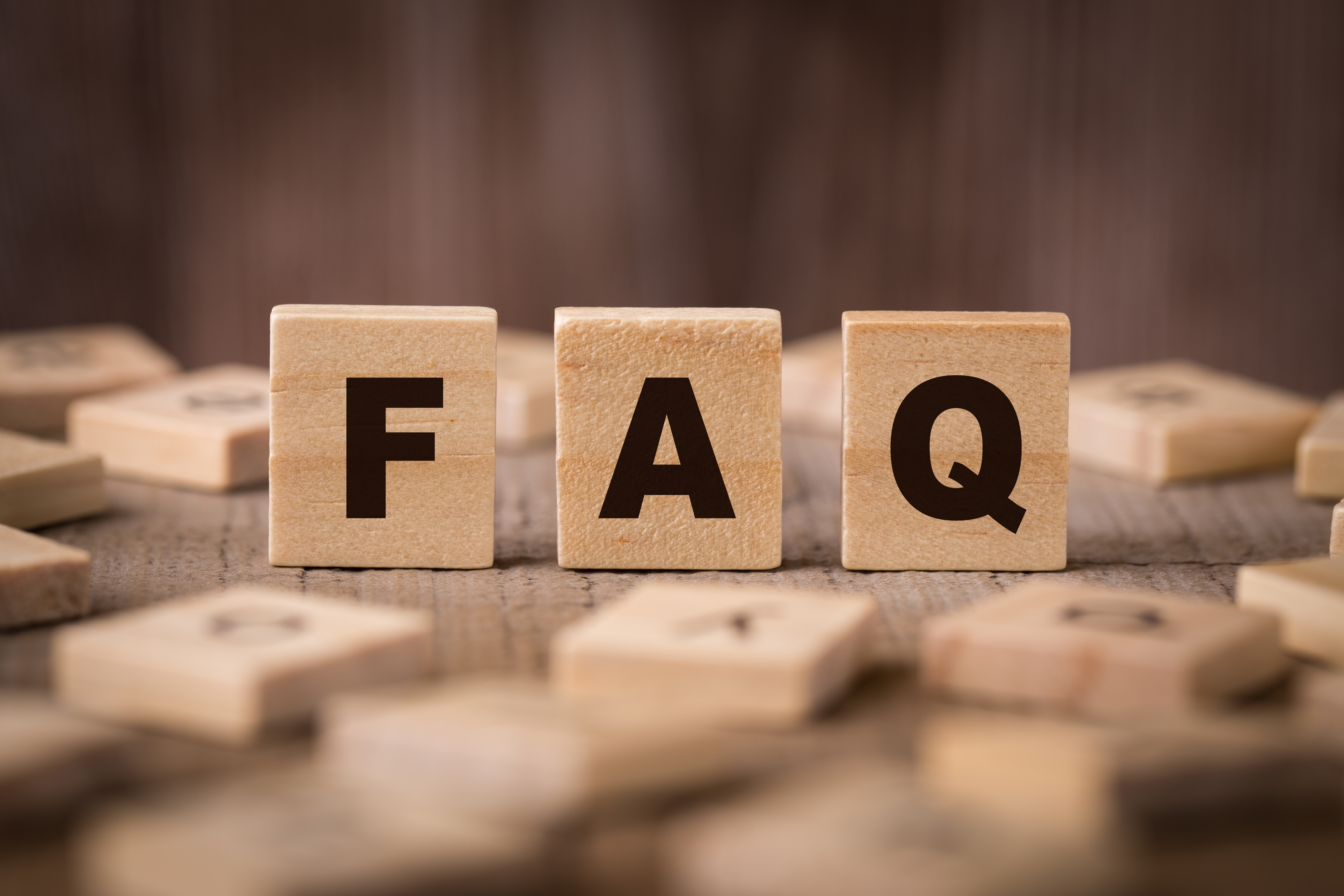Transfer HAW/FH PLUS
Proposals for knowledge transfer projects under the Transfer HAW/FH PLUS funding option can be submitted by researchers at universities of applied sciences (HAW and FH). This funding option, which is specifically geared towards HAW and FH, is available until the end of 2024.
Unlike regular knowledge transfer projects, the findings on which the knowledge transfer project is to build are not the result of DFG-funded preliminary work. However, they must be of a fundamental scientific nature and be closely related to the planned project. The academic quality of the findings must be verifiably documented, in particular based on appropriate publications.
There is a draft phase preceding subsequent submission of the regular proposal for a knowledge transfer project in which the quality and fundamental suitability of the preliminary work is assessed along with the idea for transfer itself. The usual principles for DFG transfer funding then apply when submitting the proposal.
Knowledge transfer projects are projects which are pursued in the pre-competitive area, in which a research question is worked on together with an application partner (either a commercial enterprise or a non-commercial, non-profit institution).
Important point to note before submitting a proposal: revised recommendations regarding good research practice
In principle, DFG funding may only be awarded to institutions that have implemented the guidelines laid down in the Code for Safeguarding Good Research Practice (Level 1) and the explanations (Level 2) in a legally binding manner.
If an institution has not yet implemented rules to ensure good research practice for itself, approved funding for new or renewal proposals can in principle only be paid out after the Code has been implemented.
For institutions with existing implementations of rules to ensure good research practice based on the DFG white paper, there is a transition period until 31 July 2023 in which to implement the Code.
See here for information on implementation and a quotable PDF version of the Cod(externer Link).
For queries and explanations relating to this subject, please contact the I-CWV-3 team at gwp@dfg.d(externer Link).
Contact
| E-mail: | erkenntnistransfer@dfg.de |


